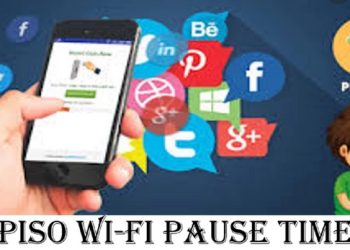One of the hardest parts of learning English is learning how to say words correctly.
This is especially true if your native language doesn’t have some sounds or if you have trouble with vowel sounds. Likewise, list of positive words that start with O. For now, let’s begin:
Separate words into their sounds
Words have parts called syllables. For example, the word “syllable” has three sounds: syl-la-ble. By breaking words up into their parts, they can be easier to say.
Put your flat hand just under your chin to see how many syllables a word has. Slowly say the word. There is one syllable for every time your chin touches your hand.
Use tongue twisters to get better
Do you have trouble with similar sounds when you speak English? Like “sh” and “ch,” “t” and “th,” and the “e” sounds that are short and long?
Don’t worry, you aren’t alone. Not in the least. Want to improve your English accent in a way that’s a little more fun? Tongue twisters are a fun (but hard) way to practice telling the difference between two sounds.
Tongue twisters are poems with a lot of sounds that sound the same. This can make it hard to say them out loud. People in English-speaking countries say them because it’s funny to sound stupid when you make a mistake. And it’s satisfying when you finally master the poem!
Watch what you say with your tongue
The biggest difference between rice and lice is how you feel them on your tongue. To make sounds when you talk, you move your tongue. Since you do it without thinking, you probably didn’t even notice. Checking what your tongue is doing is a good way to improve how you say English words.
The letters “L” and “R” and the sound “TH” are hard for people who don’t speak English as their first language to say. It’s all in the tongue when it comes to saying them right.
Use the best online English pronunciation dictionaries to learn how to say words.
You probably already use a dictionary to look up English words, but online or digital dictionaries have many other uses, such as guides to how to say words. One of the best ways to improve your English pronunciation is to use these kinds of dictionaries. Even better, you can find them online for free.
Here are some of the best pronunciation dictionaries you can find and use online.
1. Google Translation
You may have used Google Translate before to help you learn English. Google Translate is an easy-to-use translator that also helps you say single words and whole sentences correctly. When you get to Google Translate’s interface, you can look up any word and get several definitions and an audio recording of how to say it.
2. Merriam-Webster say
People also call Merriam-Webster “America’s most useful and well-known dictionary.” So, it shouldn’t be a surprise that it’s on this list. The dictionary gives clear, high-quality audio pronunciations of the words you look up, as well as detailed definitions and information about them.
Make a recording
Using a camera to record yourself is one way to see if all your practice is helping. Use a camera instead of just a sound recorder because it’s important to see how you talk as well as hear it.
You don’t need to download any special software to record yourself. Most computers and mobile devices already have video recorders built in. On a Mac, you can use PhotoBooth, and on a PC, you can use Movie Moments.
Talk as much as possible
If you don’t talk much, you might feel nervous when you finally have to say something in English. It’s like shooting hoops. You might be able to run, dribble, and pass well. But you never take a shot. You know how to make a good shot. You always see other people do it. But you’ve never done it. It would be hard when it’s time to play and you get a chance to shoot. Also, if you tried something new in front of other people, you might get so nervous that you couldn’t move.
The same is true for learning English. Not only do you need to practice how to say English words, but you also need to get over your nerves so you can feel comfortable speaking in front of other people. Nerves can cause a lot of mistakes, especially when it comes to how you say things.















